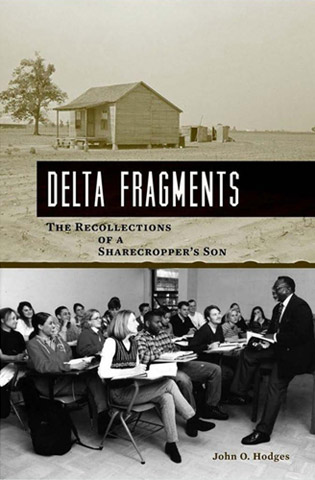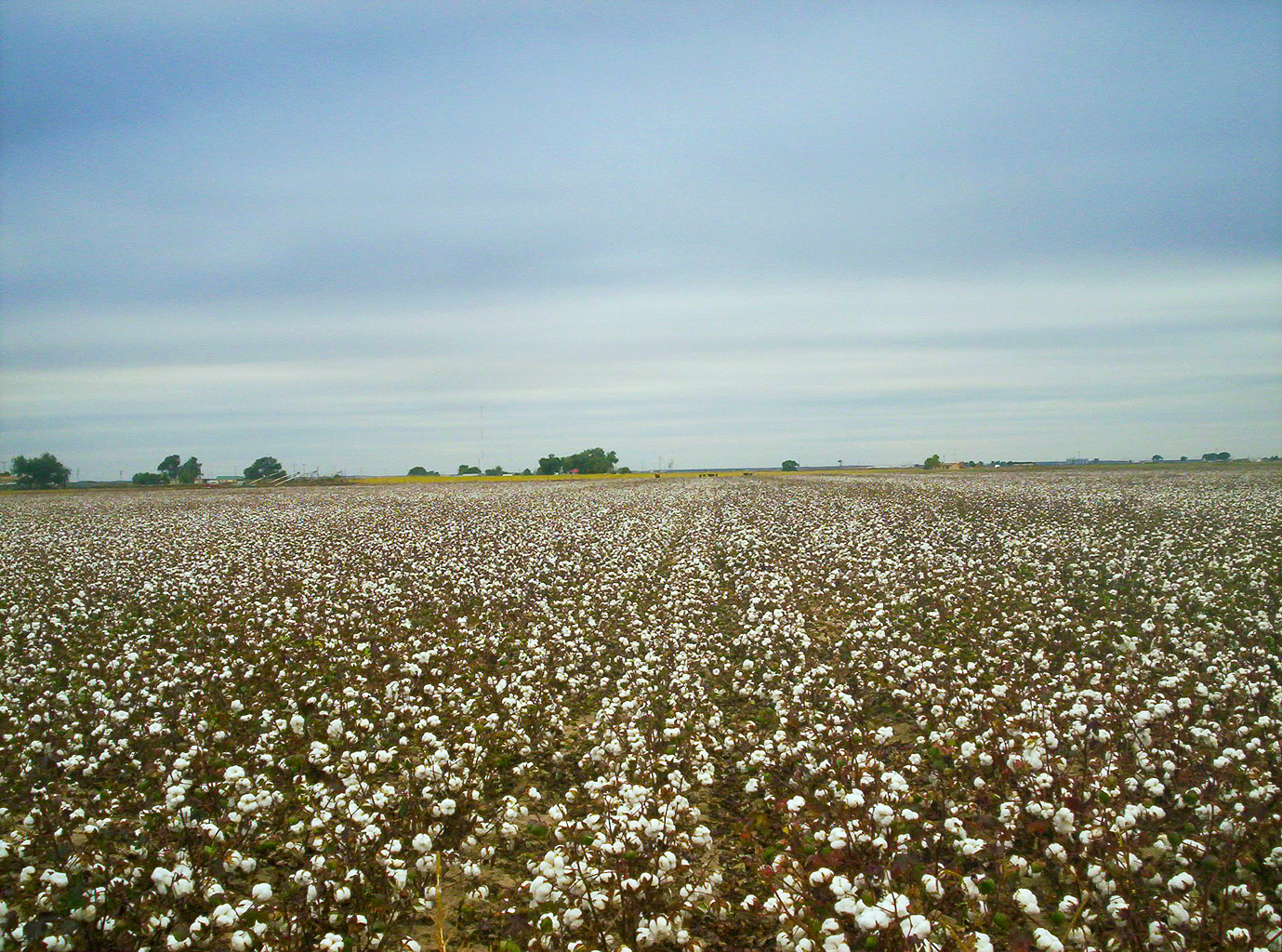 The son of black sharecroppers, John Oliver Hodges attended segregated schools in Greenwood, Mississippi, in the 1950s and '60s, worked in plantation cotton fields, and eventually left the region to earn multiple degrees and become a tenured university professor. Both poignant and thought provoking, Delta Fragments is Hodges' autobiographical journey back to the land of his birth. Brimming with vivid memories of family life, childhood friendships, the quest for knowledge, and the often brutal injustices of the Jim Crow South, it also offers an insightful meditation on the present state of race relations in America.
The son of black sharecroppers, John Oliver Hodges attended segregated schools in Greenwood, Mississippi, in the 1950s and '60s, worked in plantation cotton fields, and eventually left the region to earn multiple degrees and become a tenured university professor. Both poignant and thought provoking, Delta Fragments is Hodges' autobiographical journey back to the land of his birth. Brimming with vivid memories of family life, childhood friendships, the quest for knowledge, and the often brutal injustices of the Jim Crow South, it also offers an insightful meditation on the present state of race relations in America.
Hodges has structured the book as a series of brief but revealing vignettes grouped into two main sections. In part 1, "Learning," he introduces us to the town of Greenwood and to his parents, sister, and myriad aunts, uncles, cousins, teachers, and schoolmates. He tells stories of growing up on a plantation, dancing in smoky juke joints, playing sandlot football and baseball, journeying to the West Coast as a nineteen-year-old to meet the biological father he never knew while growing up, and leaving family and friends to attend Morehouse College in Atlanta. In part 2, "Reflecting," he connects his firsthand experience with broader themes: the civil rights movement, Delta blues, black folkways, gambling in Mississippi, the vital role of religion in the African American community, and the perplexing problems of poverty, crime, and an underfunded educational system that still challenge black and white citizens of the Delta.
Whether recalling the assassination of Medgar Evers (whom he knew personally), the dynamism of an African American church service, or the joys of reconnecting with old friends at a biennial class reunion, Hodges writes with a rare combination of humor, compassion, and -- when describing the injustices that were all too frequently inflicted on him and his contemporaries -- righteous anger. But his ultimate goal, he contends, is not to close doors but to open them: to inspire dialogue, to start a conversation, "to be provocative without being insistent or definitive."
